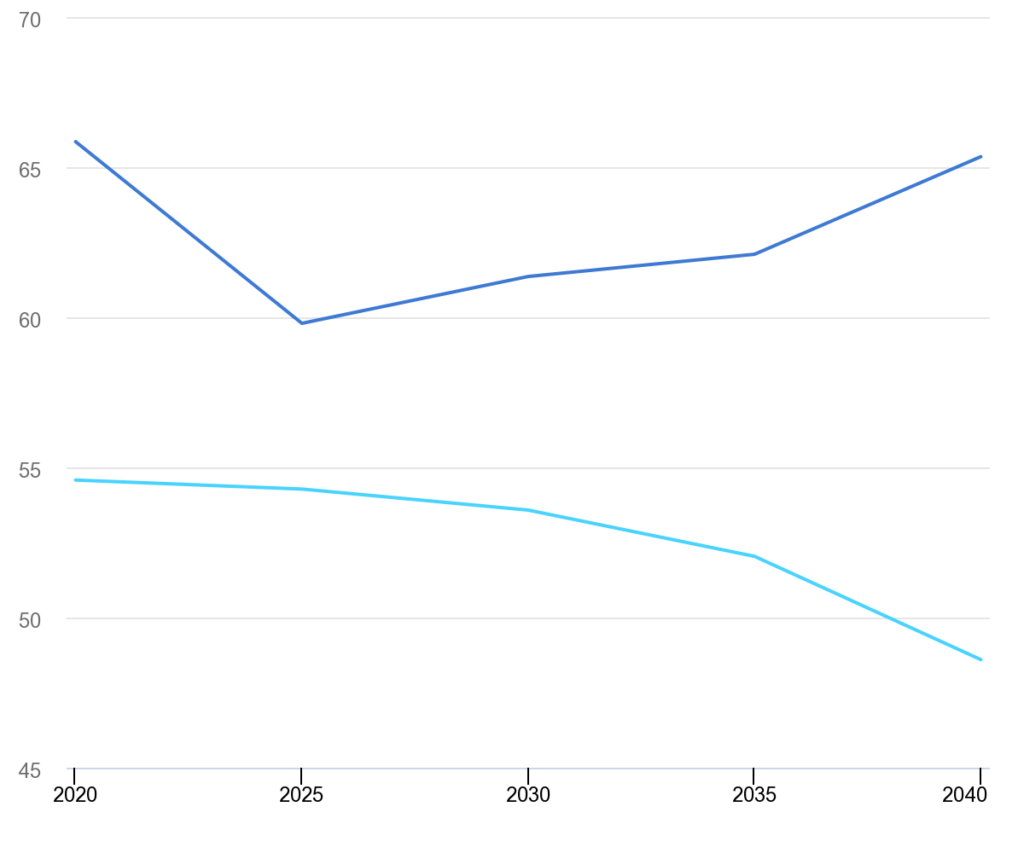
If you have been following our posts, we have been very critical of LCOE (Levelized Cost of Energy) which is always quoted by renewable advocates because according to LCOE; solar and wind are the least cheapest forms for energy generation.
But you can’t compare LCOE’s when the characteristics of the generation are completely different. For example, solar isn’t available at night, it isn’t dispatchable, the generation drops by 50% in the wintertime. For a more apples-to-apples comparison please check out our post: https://www.linkedin.com/feed/update/urn:li:activity:7134661798321901569?utm_source=share&utm_medium=member_desktop
Being naïve, I thought the universal use of LCOE was simply the lack of a better metric that took value into account. That is not the case. LCOE is used to confuse and misrepresent the economics of energy generation. The IEA (International Energy Agency) also publishes VALCOE (Value Adjusted Levelized Cost of Energy) which attempts to make a more apple to apples comparison by taking into account, capacity, flexibility and dispatchability. This metric tells a very different story, as can be seen by the accompanying graph, which shows that coal generation is less expensive than solar.
I have reviewed the mathematics extensively, and while I believe VALCOE provides a clearer picture, the IEA still makes too many simplifying assumptions and attempts to adjust the LCOE rather than replacing it with a better and more comprehensive metric.
Climate change is happening and we have waited too long to limit global temperature rise to 1.5 degrees and it is getting increasingly likely we will pass 2 degrees. We have a huge task in front of us and using faulty and misleading information does more than waste time and resources it could also cost lives.
Everybody needs to work together in an open and honest forum. We have a problem to solve that will take everyone and we all need to work from the same data.
